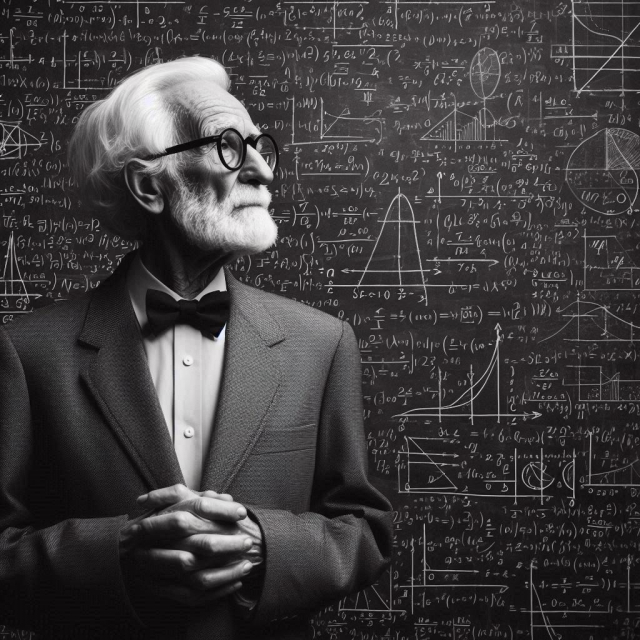In the complex framework of higher education, academic freedom emerges as a fundamental principle that guarantees academics and professors the necessary autonomy to carry out their teaching and research work without undue interference. In Ecuador, this right is recognized and protected by the Constitution and other laws; however, its application and scope face a series of challenges that reflect the complexity of the country's political, social and educational environment. In this article, we will delve into the ins and outs of academic freedom in Ecuador, examining its historical and contemporary importance, its legal framework, the challenges and limitations it faces, as well as its impact on Ecuadorian education and society. Furthermore, we will explore future perspectives and possible strategies to strengthen and promote this fundamental principle in the educational context of the country.
Historical and Contemporary Importance of Academic Freedom in Ecuador.
Academic freedom has been a cornerstone in the evolution of the Ecuadorian educational system. Since the dawn of formal education in the country, the importance of allowing academics and professors to teach and conduct research independently and without external restrictions has been recognized. This principle has been fundamental for the development of critical thinking, innovation and the advancement of knowledge in the Ecuadorian academic field. In the contemporary era, academic freedom continues to be relevant in a context marked by social changes, technological advances and global challenges that demand quality and relevant education for the sustainable development of the country.
Legal Framework of Academic Freedom in Ecuador: An In-Depth Look at the Constitution and Relevant Legislation.
The Constitution of the Republic of Ecuador, promulgated in 2008, explicitly recognizes the right to education and academic freedom as an integral part of the national educational system. Article 26 establishes that "the right to education includes freedom of teaching, research and learning in educational centers." Furthermore, the Organic Law of Higher Education (LOES), enacted in 2010, enshrines the academic autonomy of higher education institutions and recognizes the principle of academic freedom as a fundamental right of academics and professors. These legal provisions provide a solid framework for the protection and promotion of academic freedom in Ecuador, guaranteeing educators the necessary freedom to carry out their educational and research work independently and without external interference.
Challenges and Limitations in the Application of Academic Freedom in Ecuador.
Despite the legal provisions that guarantee academic freedom in Ecuador, there are a series of challenges and limitations that may affect its full exercise in practice. One of the most important challenges is political pressure and government interference in higher education, which can manifest itself through the imposition of political agendas, the censorship of ideas, or the persecution of academics and professors who express critical views. Additionally, lack of financial resources and job insecurity in the education sector can limit teachers' ability to conduct independent research and provide quality education. These challenges can hinder the full exercise of academic freedom and negatively affect the quality and relevance of higher education in Ecuador.
Impact of Academic Freedom on Education and Ecuadorian Society.
Academic freedom plays a crucial role in the formation of critical and committed citizens in Ecuador. By allowing scholars and professors to teach and conduct research without fear of retaliation, open debate and exploration of diverse ideas in academia is encouraged. This not only enriches the educational experience of students, but also contributes to the development of a more democratic and pluralistic society. Furthermore, academic freedom is fundamental to the advancement of science, technology and innovation in the country, as it allows researchers to explore new ideas and develop creative solutions to the challenges facing Ecuadorian society.
Protection and Promotion of Academic Freedom in Ecuador: Strategies and Future Perspectives.
To protect and promote academic freedom in Ecuador, it is essential that the government and educational institutions respect and enforce the legal provisions that guarantee this right. This includes ensuring the independence of higher education institutions, protecting academics and teachers from intimidation and repression, and promoting an environment of respect and tolerance in academia. Furthermore, it is important to foster dialogue and collaboration between all actors involved in higher education, including government, educational institutions, teachers, students and civil society, to address challenges and work together towards strengthening academic freedom in the country.
Academic freedom is a fundamental principle in higher education in Ecuador, which guarantees academics and professors the necessary autonomy to carry out their educational and research work independently and without external interference. Although this right is recognized and protected by the Constitution and other laws, its full exercise faces a series of challenges and limitations in practice. However, despite these challenges, academic freedom remains crucial for the intellectual and cultural development of the country, and is fundamental for the formation of critical and committed citizens in a democratic and pluralistic society. Through respect and promotion of this fundamental principle, Ecuador can move towards free, inclusive and democratic higher education that contributes to the sustainable and equitable development of the country.
